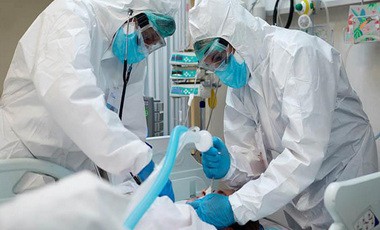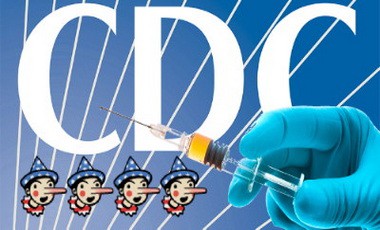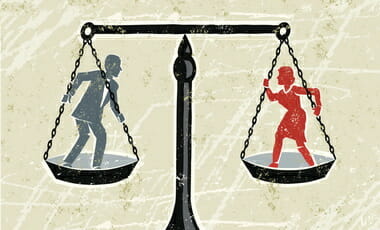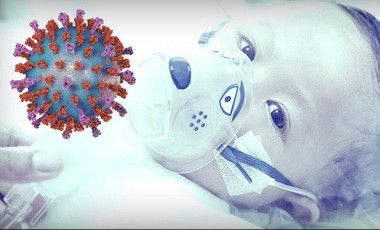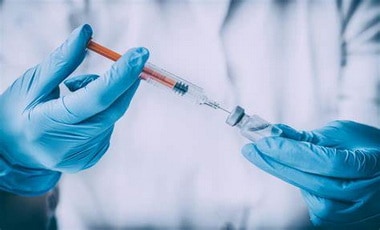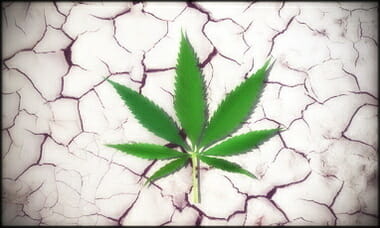Post-Covid-19, World Risks Having to Pay Off the ‘Immunity Debt’
Many people had little exposure to common viruses during social distancing, meaning bugs could spread more quickly once countries reopen
Doctors in France are calling it the immunity debt: When people avoided each other during the pandemic, they failed to build up the immunity against viruses that comes from normal contact.
As regular life resumes, society may find payments on that debt coming due, in the form of worse-than-normal viral disease outbreaks.
In early June, 16-month-old Toranosuke Tsukidate came down with a common virus that caused a fever topping 106 degrees Fahrenheit.
The bug was spreading rapidly through his Tokyo daycare, said his mother, Miwako Tsukidate, 27, and the boy was hospitalized for oxygen treatment for a week.
By the time Toranosuke was discharged, his mother observed the beds around him filling up with children suffering the same ailment, which is usually more common in the fall.
“I was surprised to see how it took off so quickly, and I was also surprised to see it spreading at this time of the year,” Ms. Tsukidate said.
At Perth Children’s Hospital in Australia, infectious diseases researcher David Foley isn’t surprised.
His country experienced a similar out-of-season flare-up of the virus that infected Toranosuke — respiratory syncytial virus or RS virus — during the Southern Hemisphere’s summer months following an unusually quiet winter.
There was “an increased population that was susceptible, helping the virus to spread more easily,” Dr. Foley said. “Similar to starting a fire, the more kindling present, the easier it is for a spark to take hold and burn brightly.”
Doctors around the world who treat infections are getting ready for another year or two full of such anomalies.
As people strove to avoid the virus that causes Covid-19, they ended up staying away from many other viruses and bacteria that cause common ailments — influenza, chickenpox, strep throat, RS virus and more. Now as normal life resumes in many countries, exposure to those bugs is returning, too.
RS virus, transmissible by droplets and contact with contaminated surfaces, is usually minor in children but occasionally leads to hospitalization. Because it can cause inflammation of small airways in the lungs, it is also a significant cause of death in the elderly.
At Maimonides Children’s Hospital in Brooklyn, N.Y., Rabia Agha, director of the pediatric infectious diseases division, encountered an RS virus wave this spring.
She found the median age of infants treated was just 6 months, down from 17 months the previous season. The immune system of small babies tends to be weaker, so more of this year’s patients ended up in intensive care.
Dr. Agha thinks the difference had to do with mothers not being exposed to the virus while pregnant.
Mothers pass on RS virus antibodies to their babies but only when they have had a recent infection, she said.
Since May, the number of cases has eased, but “RSV will definitely come back and attack a larger population because last season few children got infected,” Dr. Agha said.
Toranosuke’s pediatrician, Akifumi Tokita, said older toddlers, age 3 or 4, were also turning up with high fevers because of RS virus.
He attributed this to their lack of normal exposure to the virus, which in turn meant they couldn’t build up immunity little by little.
In the U.S., the Centers for Disease Control and Prevention issued a warning in early June about increased cases of the virus in the South after a year of low activity. The U.K., France and Japan have also seen a return of RS virus.
Figures recently released in Japan show the profound effect exposure to viruses such as flu and RSV can have on a nation’s health.
Deaths caused by pneumonia — a common complication of viral infections — last year in Japan fell by more than 17,000, far outweighing the 3,466 deaths attributed to Covid-19. As a result, Japan’s overall mortality fell for the first time in more than a decade.
It may have been borrowing from the future by creating greater room for viruses to run rampant later.
Robert Cohen, a professor at a pediatric research center near Paris called Activ, calls this “immunity debt.”
Dr. Cohen said the hygiene measures adopted during the pandemic bring “an immediate and indisputable benefit” because common illnesses have been suppressed.
But at some point almost all children are going to get RS virus, chickenpox and viruses that cause colds, which could mean larger outbreaks when the bugs make up for lost time, he said.
Mathematical models by researchers at Princeton University suggest that substantial outbreaks of the RS virus and possibly seasonal flu may occur in future years, with peak outbreaks likely occurring in the 2021-2022 winter season in the U.S.
Dr. Cohen said another long-term concern involves the hygienist theory, which suggests that modern cleanliness contributed to the rise in allergies in wealthier countries by hindering the development of children’s immune systems.
With Covid-19 lockdowns, “We may see more children with allergic asthma,” he said.
Other doctors said they considered such an effect unlikely after only a year of social distancing.
Stopping a resurgence of infections during post-Covid-19 times depends in part on vaccinations.
Common viral diseases including chickenpox, rotavirus or stomach flu and regular flu can be prevented through vaccines. However, no vaccine for RS virus is available. The World Health Organization has said developing one is a priority.
Dr. Foley, the researcher in Perth, said he hoped the new technologies behind the Covid-19 vaccines “will spill over and help us develop more effective RSV vaccines.”
For now, people have one powerful tool that doesn’t depend on a medical breakthrough. “You can get rid of a lot of viruses by good hand-washing,” said Brooklyn’s Dr. Agha.

